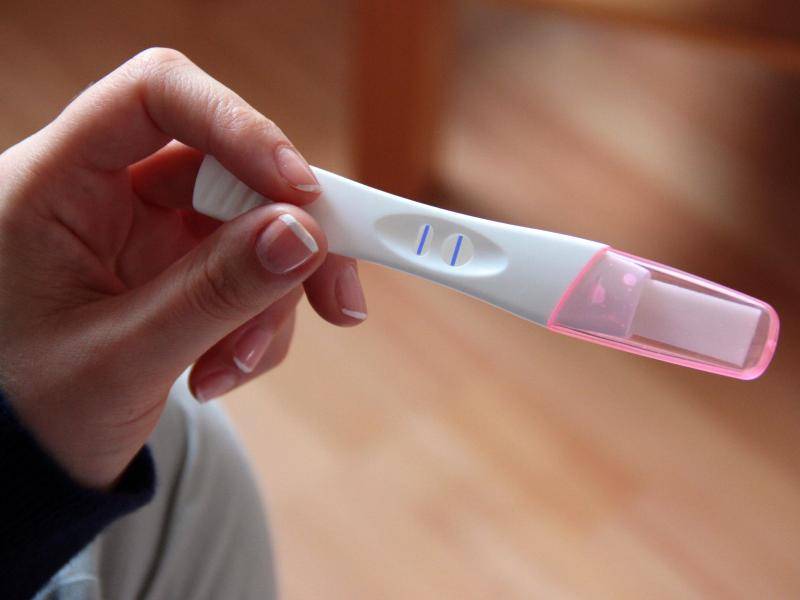Research on abortion Unwanted pregnancy – survey on women’s experiences
Bonn · In Germany, anyone who becomes pregnant unintentionally often encounters major hurdles on the way to an abortion. How do women experience this situation? That is what a nationwide survey is now trying to clarify.
When a woman in Germany becomes unintentionally pregnant and wants to have an abortion, it can take a lot of strength - not only because of the often difficult personal decision, but also because the way to get there is full of hurdles: long distances to the doctor's office and longer waiting times are not uncommon. This is because fewer and fewer clinics and practices offer abortions. The number of abortions has been declining nationwide for years. While the Federal Statistical Office recorded about 2,050 practices and clinics performing the procedure in 2003, by the end of 2020 there were only 1,109. This corresponds to a decline of almost 50 percent.
The situation is likely to deteriorate further in the coming years, as many doctors who perform abortions are about to retire. Germany is heading for a massive supply bottleneck. The journalism network Correctiv.Lokal has therefore launched a Germany-wide research on abortion, in which our editorial team is also participating.
Abortion: Federal states should ensure care
Unwanted pregnant women must have visited a recognised counselling centre for an abortion before the procedure takes place within a certain period of time. If these conditions are met, the abortion remains exempt from punishment under Section 218 of the Criminal Code. Actually, the federal states must ensure appropriate provision. That is what the Pregnancy Conflict Act says. However, it is often not known what the supply situation looks like. A complete overview of which doctors, clinics and practices perform abortions in Germany does not yet exist. Correctiv.Lokal wants to remedy this situation with its nationwide research.
In addition to a data collection on the supply situation, in which the General-Anzeiger and numerous other local and regional media from all over Germany are participating, we are looking together with Correctiv-Lokal for women who are willing to report on their abortions. Until November 15, affected women can anonymously share their experiences via a website and report about their abortion as well as the hurdles: https://correctiv.org/dein-abbruch.
The aim of the survey is to better identify and understand various abuses. According to Correctiv.Lokal, more than 1,000 affected women have participated in the survey so far. (Original text: Sandra Liermann / Translation: Mareike Graepel)

